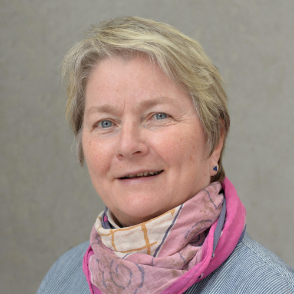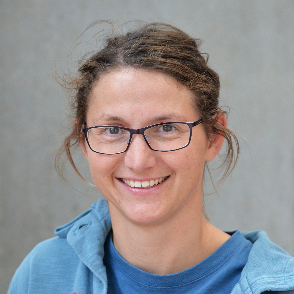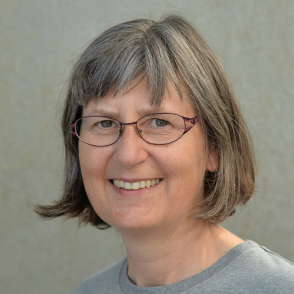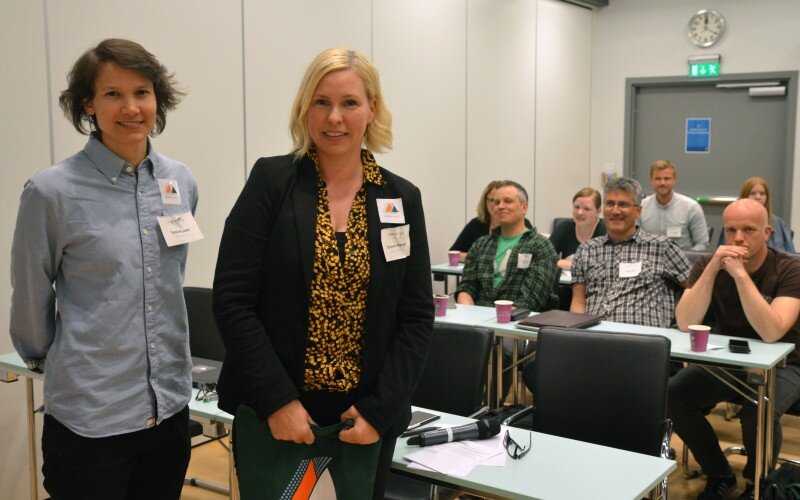KS conducted a web-based national survey on climate change adaptation in the municipalities in the autumn of 2017 (Wang 2018). The purpose was to get a strong knowledge base on the work on climate adaptation in the municipalities. In the extension of the survey, KS wishes to follow up with an in-depth survey of small and medium-sized municipalities to get a deeper impression on the work of this kind of municipalities and the need for follow-up. This will also contribute to a better foundation for KS's further work on policy development, knowledge development and implementation power for our members.
The work includes in-depth interviews with selected persons in 11 municipalities: Aurland, Gjerdrum, Harstad, Lund, Lyngen, Namsos, Nedre Eiker, Ringebu, Vestvågøy, Voss and Ørskog. The municipalities have been selected because they have fewer than 50,000 inhabitants and particularly large damage payments in the last ten years for natural damage related to floods, storm surges, wind and landslides.
Based on the study, the researchers come up with four recommendations:
Government funding for local security measures within climate adaptation should be significantly strengthened.
An earmarked subsidy for a municipal climate coordinator to ensure that the administrative capacity reaches a necessary minimum level.
A national analysis of vulnerability to climate change in Norwegian municipalities and how this varies with t.d. geographical size, economic basis and habitat type. The analysis will provide a necessary knowledge base for a more targeted and effective climate adaptation.
A significant strengthening of the work of making knowledge about climate challenges and adaptation measures more locally relevant. This applies to research, development and government guidance.
Read the report “Kartlegging av erfaringer fra arbeidet med klimatilpasning i små- og mellomstore kommuner”


































